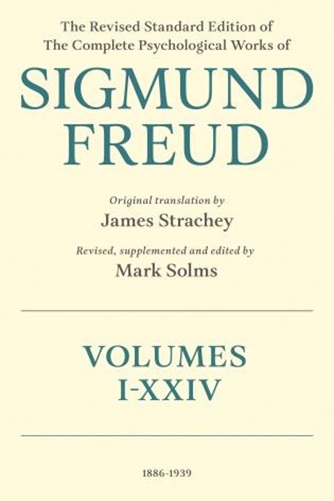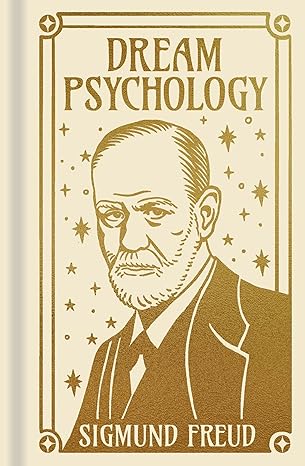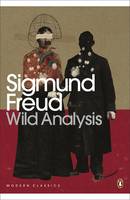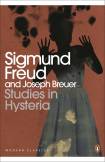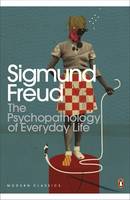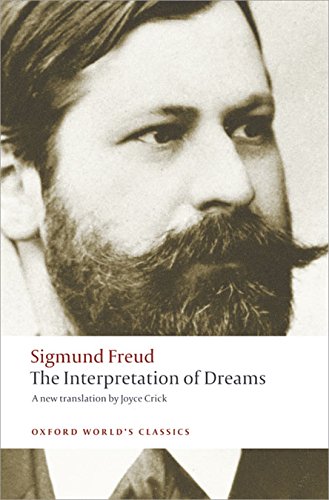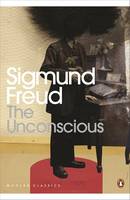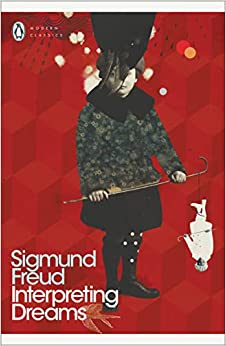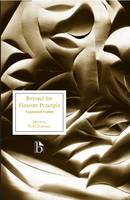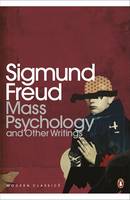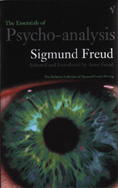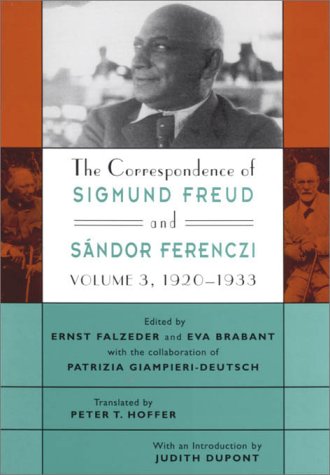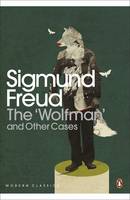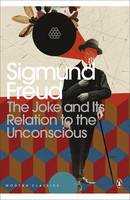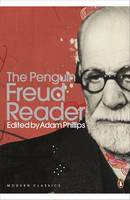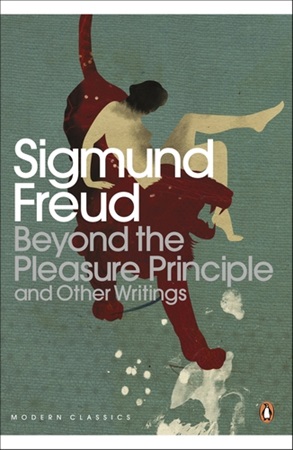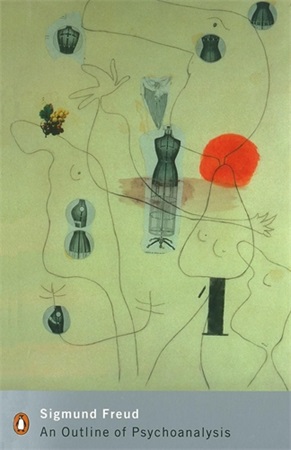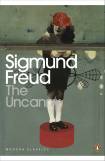Sigmund Freud
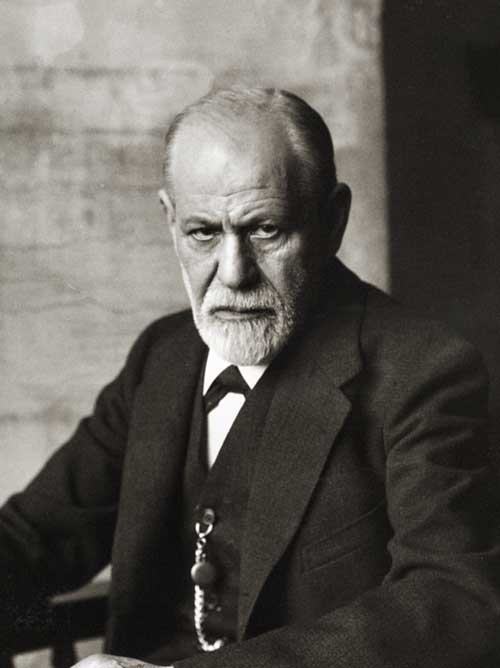
Sigmund Freud was born in 1856 in Moravia; from 1860 until Hitler's invasion of Austria in 1938 he lived in Vienna. He was then forced to seek asylum in London, where he died the following year. He began his career as a doctor, specialising in work on the anatomy and physiology of the nervous system. He was almost thirty when his interests first turned to psychology, and during ten years of clinical work in Vienna he developed the practice of what he called ""psychoanalysis"". This began simply as a method of treating neurotic patients by investigating their minds, but it quickly grew into an investigation of the workings of the mind in general, both ill or healthy. Freud demonstrated the normal development of the sexual instinct in childhood and, largely on the basis of an examination of dreams, arrived at his fundamental discovery of the unconscious forces that influence our everyday thoughts and actions. Freud's ideas have shaped not only many specialist disciplines, but have also influenced the entire intellectual climate of the last century.
The Revised Standard Edition of the Complete Psychological Works of Sigmund Freud: 24-Volume Set
The wholly updated Revised Standard Edition of the Complete Psychological Works of Sigmund Freud (RSE) is grounded in James Strachey’s canonical translation while annotating and clarifying... (more)
Dream Psychology
'The dream is the (disguised) fulfillment of a (suppressed, repressed) wish.'
In this fascinating work by one of the pioneers of psychology and psychoanalysis, Freud unlocks the secrets of the... (more)
Correspondence of Sigmund Freud and Anna Freud 1904 - 1938
This book is the first publication of the complete correspondence of Sigmund Freud with his daughter Anna. The correspondence ranges over personal and family matters - social events, family holidays,... (more)
Wild Analysis
'Psychoanalytic treatment utilised the patient's capacity to love and desire as a means to an end. The stuff of romance became the stuff of cure. When Freud is writing about technique in... (more)
Studies in Hysteria
The tormenting of the body by the troubled mind, hysteria is among the most pervasive of human disorders - yet at the same time it is the most elusive. Freud's recognition that hysteria stemmed from... (more)
The Psychopathology of Everyday Life
This collection of writings is famous for giving us the phrase 'Freudian slip'. It also builds up a strong social history of Vienna and the middle-class social milieu of Freud and his patients.... (more)
The Schreber Case
Freud rarely treated psychotic patients but he had a powerful and imaginative understanding of their condition - revealed, most notably, in this analysis of a remarkable memoir. In 1903, Judge Daniel... (more)
The Complete Correspondence of Sigmund Freud and Karl Abraham 1907-1925
Karl Abraham was an important and influential early member of Freud's inner circle of trusted colleagues. As such, he played a significant part in the establishment of psychoanalysis as a recognised... (more)
The Interpretation of Dreams (original 1899 version)
This groundbreaking new translation of The Interpretation of Dreams is the first to be based on the original text published in November 1899. It restores Freud's original argument, unmodified by... (more)
The Unconscious
One of Freud's central achievements was to demonstrate how unacceptable thoughts and feelings are repressed into the unconscious, from where they continue to exert a decisive influence over our... (more)
On Murder, Mourning and Melancholia
These works were written against a background of war and racism. Freud sought the sources of conflict in the deepest memories of humankind, finding clear continuities between our 'primitive' past and... (more)
Interpreting Dreams
One of fifteen new translations of Freud's key writings, under the general editorship of celebrated psychoanalyst Adam Phillips, this project reimagines one the modern era's greatest writers.... (more)
Beyond the Pleasure Principle
Beyond the Pleasure Principle is Freud's most philosophical and speculative work, exploring profound questions of life and death, pleasure and pain. In it Freud introduces the fundamental concepts of... (more)
Totem and Taboo
Widely acknowledged to be one of Freud's greatest cultural works, when "Totem and Taboo" was first published in 1913, it caused outrage. Thorough and thought-provoking, the study remains the fullest... (more)
Civilization and Its Discontents
In what remains one of his most seminal papers, Freud considers the incompatibility of civilisation and individual happiness, and the tensions between the claims of society and the individual. We all... (more)
Mass Psychology and Other Writings
Freud's religious unbeliefs are too easily dismissed as the standard scientific rationalism of the twentieth-century intellectual, yet he scorned the high-minded humanism of his contemporaries. In... (more)
The Essentials of Psychoanalysis
Key articles on Psychoanalysis, including 'On Dreams' and 'Three Essays on the Theory of Sexuality'. (more)
The Letters of Sigmund Freud to Eduard Silberstein, 1871-1881
A collection of Freud's early correspondence with his
Psychological Writings and Letters
A substantive introduction by Sandor Gilman, is followed by selections from some of Freud's most important writings: Letters to Fliess, On Dreams, Infantile Sexuality, The Uncanny, Delusions and... (more)
The Correspondence of Sigmund Freud and Sandor Ferenczi: Volume 3: 1920-1933
This third and final volume of the correspondence between the founder of psychoanalysis and one of his most colourful disciples beings to a closer Sandor Ferenczi's and the story of one of the most... (more)
Woodrow Wilson: a psychological study:
330 pages. (more)
Complete Correspondence of Sigmund Freud and Ernest Jones: 1908-1939
Charts the progress of a friendship and the psychoanalytic movement, while also touching upon contemporary historical events. Soon after their first meeting in 1908, Freud's future biographer, Ernest... (more)
The Correspondence of Sigmund Freud and Sandor Ferenczi: Volume 2: 1914-1919
This second volume of three covers the events during World War I. Uncertainty pervades these letters: Will Ferenczi be called up? Will food, fuel and cigar shortages continue? Will Freud's enlisted... (more)
The Correspondence of Sigmund Freud and Sandor Ferenczi: Volume 1: 1908-1914
This first of three volumes of correspondence between Freud and Ferenczi opens in 1908 and closes on the eve of World War One. The letters give an intimate picture of psychoanalytic theory being made... (more)
The 'Wolfman' and Other Cases
This collection offers a fantastic opportunity to see Freud in a fresh light. This endlessly beguiling, suggestive, thought-provoking writer can be appreciated nowhere more vividly than in "The Case... (more)
The Joke and its Relation to the Unconscious
Building on the crucial insight that jokes use many of the same mechanisms he had already discovered in dreams, Freud developed one of the richest and most comprehensive theories of humor that has... (more)
The Penguin Freud Reader
Here are the essential ideas of psychoanalytic theory, including Freud's explanations of such concepts as the Id, Ego and Super-Ego, the Death Instinct and Pleasure Principle, along with classic case... (more)
Beyond the Pleasure Principle and Other Writings
On the Introduction of Narcissism/Remembering, Repeating and Working Through/Beyond the Pleasure Principle/The Ego and the Id/Inhibition, Symptom and Fear
In Freud’s view we are driven by the... (more)
An Outline of Psychoanalysis
New Introductory Lectures (1932) and An Outline of Psychoanalysis (1938).
No discovery has done more to shape modernity than Freud’s theory of the unconscious and the part it plays in determining... (more)
The Uncanny
Freud was fascinated by the mysteries of creativity and the imagination. The major pieces collected here explore the vivid but seemingly trivial childhood memories that often screen far more... (more)


